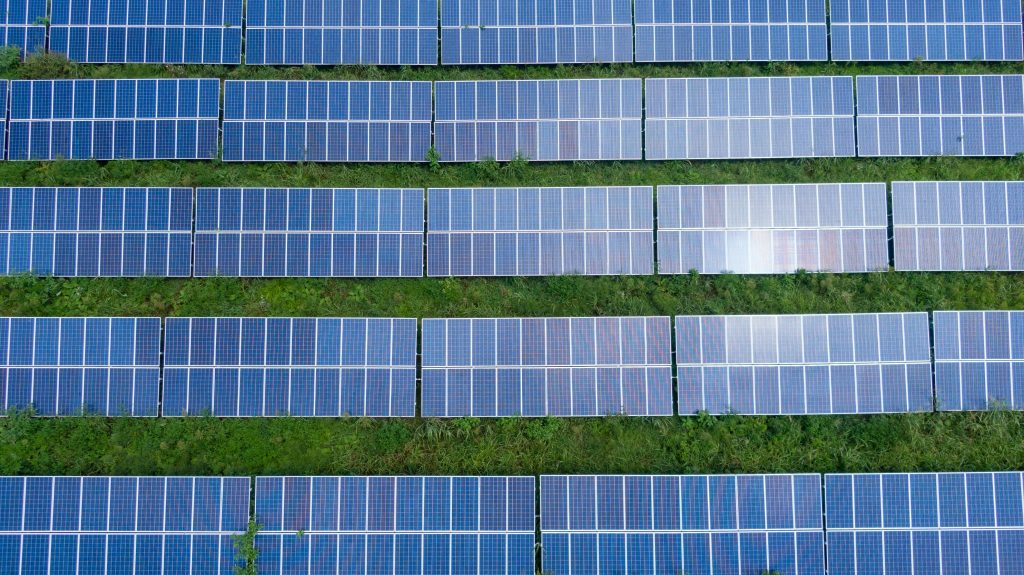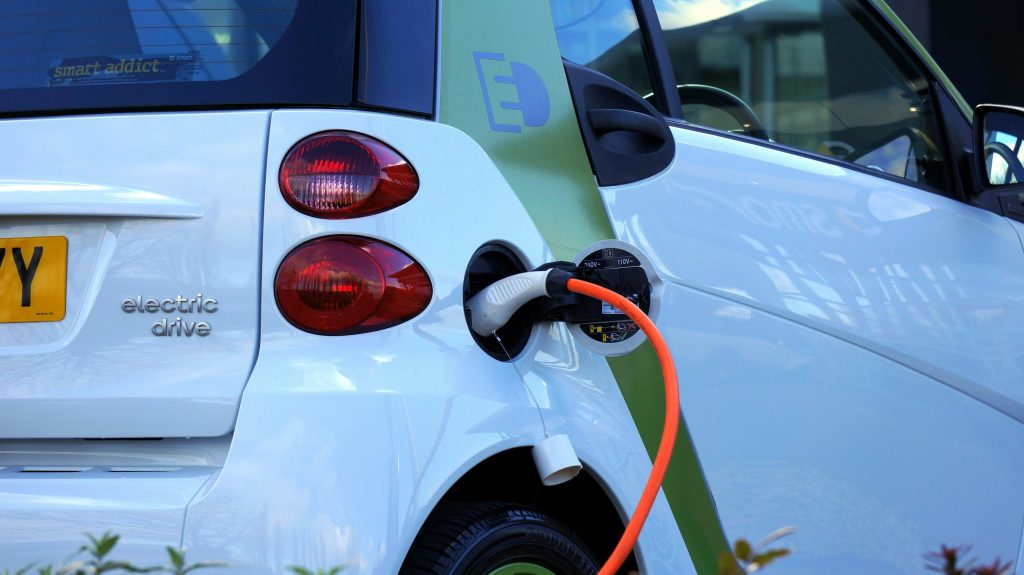Table of Contents
Renewable energy stands at the forefront of global efforts to achieve sustainable development goals (SDGs), offering a pathway towards a cleaner, more resilient future. As the world grapples with the urgent need to mitigate climate change, transition away from fossil fuels, and ensure access to affordable and reliable energy for all, renewable energy sources such as solar, wind, hydro, and geothermal power have emerged as pivotal solutions.

Driving Global Energy Transformation
Renewable energy plays a crucial role in diversifying the global energy mix and reducing dependence on finite fossil fuel resources. Unlike coal, oil, and natural gas, renewable energy sources are abundant, widely distributed, and harnessable without depleting natural reserves. This abundance positions renewable energy as a sustainable alternative capable of meeting growing energy demand while mitigating greenhouse gas emissions and reducing air pollution.
Advancing Climate Action
At the heart of the global climate agenda, renewable energy deployment is instrumental in achieving ambitious climate targets set forth in international agreements such as the Paris Agreement. By displacing carbon-intensive fuels, renewable energy technologies contribute to mitigating climate change impacts, including rising global temperatures, extreme weather events, and sea-level rise. Countries committed to renewable energy expansion demonstrate leadership in global efforts to limit global warming and build climate resilience.

Empowering Communities and Enhancing Energy Access
Renewable energy projects empower communities by decentralizing energy generation and distribution, thereby enhancing energy access and energy security in remote and underserved regions. Off-grid solar solutions, for instance, provide clean electricity to households and businesses in areas without access to traditional power grids, unlocking opportunities for economic development, education, healthcare, and improved quality of life.
Driving Economic Growth and Job Creation
Investments in renewable energy infrastructure stimulate economic growth and create employment opportunities across the value chain, from manufacturing and installation to operation and maintenance. The renewable energy sector supports a diverse workforce of engineers, technicians, project developers, and researchers, fostering innovation and driving technological advancements that enhance energy efficiency and optimize resource utilization.
Overcoming Challenges and Barriers
Despite its many benefits, the widespread adoption of renewable energy faces challenges and barriers that require strategic solutions. These include intermittency issues with solar and wind power, grid integration complexities, financing constraints, policy and regulatory uncertainties, and socio-economic considerations related to energy transition. Addressing these challenges necessitates collaboration among governments, businesses, civil society, and academia to implement supportive policies, mobilize investments, and build capacity for renewable energy deployment.

Innovation and Technological Advancements
Ongoing advancements in renewable energy technologies, such as energy storage solutions, smart grids, and hybrid energy systems, are pivotal in overcoming existing barriers and maximizing the potential of renewable resources. Innovation-driven research and development initiatives aim to enhance the efficiency, reliability, and cost-effectiveness of renewable energy technologies, making them increasingly competitive with conventional energy sources.
The Path Forward: Commitment to Sustainability
Looking ahead, the future of renewable energy hinges on collective commitment to sustainability and inclusive development. Governments, businesses, and stakeholders must prioritize investments in renewable energy infrastructure, integrate renewable energy into national energy policies, and promote energy efficiency measures to accelerate the transition towards a low-carbon economy. International cooperation and knowledge-sharing initiatives are essential for scaling up renewable energy deployment and achieving universal energy access by 2030, as outlined in the United Nations Sustainable Development Goal 7.
Conclusion
In conclusion, renewable energy represents a cornerstone of sustainable development efforts, offering viable solutions to address global energy challenges, mitigate climate change impacts, and promote inclusive economic growth. By harnessing the power of renewable resources and embracing innovation, countries can accelerate the transition towards a clean energy future that is equitable, resilient, and environmentally sustainable. Embracing renewable energy not only safeguards our planet for future generations but also unlocks socio-economic opportunities and fosters a more prosperous and resilient global society.